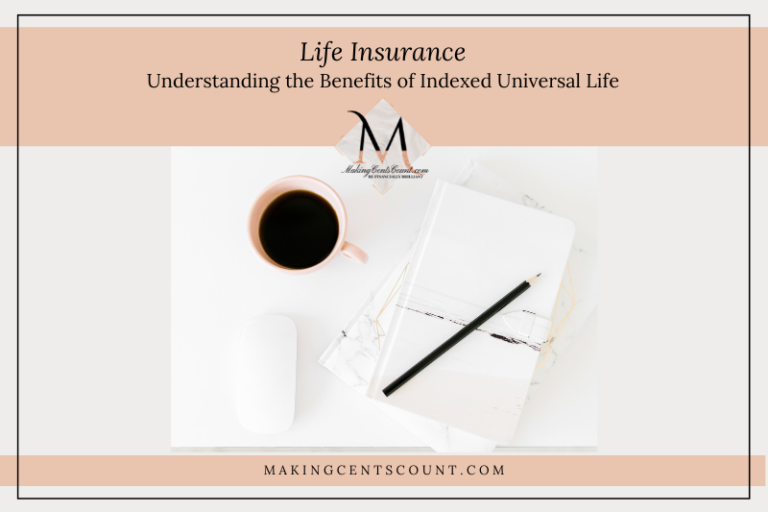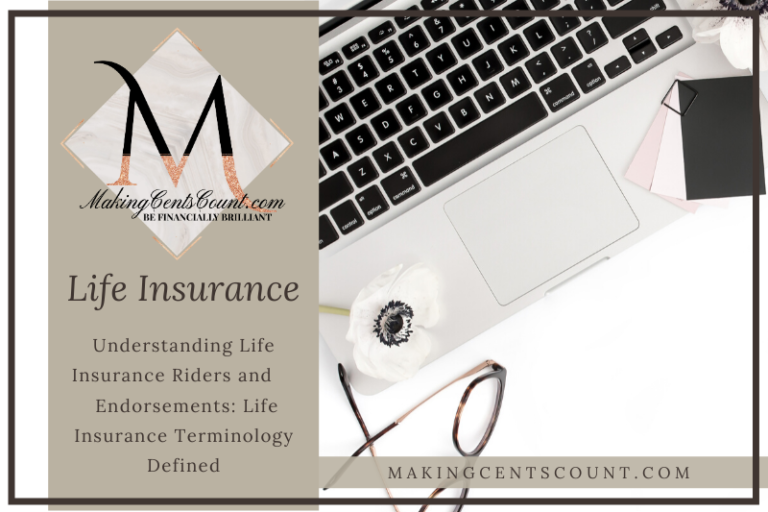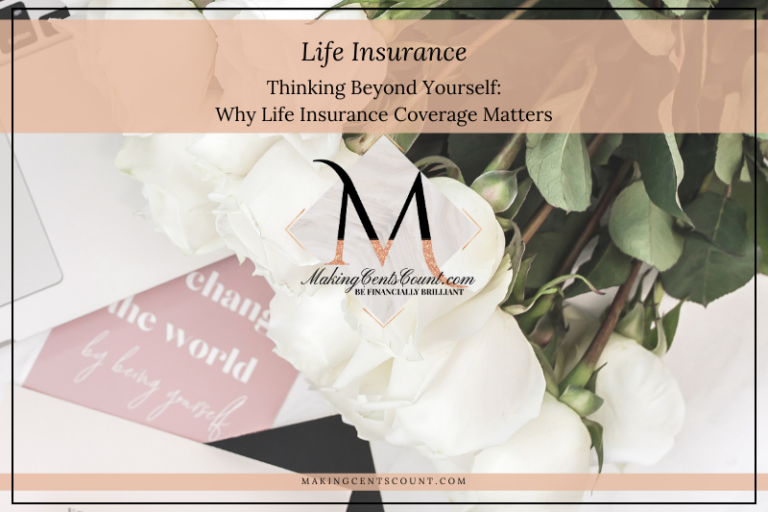Life Insurance After a Heart Attack: Exploring Your Options for Financial Protection
Estimated reading time: 14 minutes
Amidst the pandemic in July 2020, my older brother faced an unfortunate series of events. Firstly, his retirement was unexpectedly thrust upon him due to government contract cancellations with his company, a bittersweet end just two-years shy of his 50-year milestone. Tragically, within a brief 30-day period following his retirement, he succumbed to a heart attack. The loss of my brother during such a challenging time remains a poignant reminder of life’s unpredictable nature. It’s also a reminder that no matter how many times you may have experienced this major life-event, it never gets any easier.
Table of Contents
- Unlocking the Mysteries: Discover YOUR Exact Death Benefit with Group Life Insurance
- Unraveling the Impact: Family History, Heart Attacks, and the Life Insurance Connection
- Cracking the Code: Decoding the Lineage Effect on Life Insurance for Heart Attack Survivors
- From Heart Attacks to Insuring Life: The Smokers’ Journey
- Unlocking the Impact: How Family Health History Shapes Your Life Insurance Rating
- Guard Your Heart: Life Insurance Coverage You Can Count On, Even After a Heart Attack
- Life Insurance After a Heart Attack: Exploring Your Coverage Options
- The Pop-Psych Guide to Overcoming Post-Heart Attack Life Insurance Avoidance
- Embracing the Inevitable: A Reality Check on the Circle of Life
- Life After a Heart Attack: 3 Insider Tips for Securing Life Insurance
- Unlocking the Secrets: Decoding “High-Risk” in Life Insurance
- Ready Yourself: Applying for Life Insurance Post-Heart Attack
- Getting Personal: Unveiling the Underwriting Process
- Nailing the Follow-Up: Your Key to Post-Application Success
- Avoid Misrepresentations: How Carriers Can Nullify Your Coverage During the Contestability Period
- Get Back in the Game: Life Insurance Postponed or Declined? Don’t Worry, You Still Have Options!
- Burhoe Insurance Solutions
- Making Cents Count Financial Organizer
Are you ready to start investing, control your finances, and prepare for retirement? Join our amazing community! You’ll receive exclusive financial tips from Making Cents Count, as well as unlimited FREE access to our resource library full of money-saving tools and guides.
Unlocking the Mysteries: Discover YOUR Exact Death Benefit with Group Life Insurance
Considering the matter of life insurance following a heart attack, it’s important to pause and reflect. My initial exploration of this subject took place a decade prior when my brother experienced his first cardiac event. Initially, he held group coverage through his employer. However, once he retired, his retirement package meant significant reductions, and tragically, in just under a month before his passing, he went from a million-dollar group policy to less than $100,000 personal policy. It’s because of this heartbreaking situation that spurred me to delve deeper and explore the nuances of life insurance after such medical events.
If you or a loved one has experienced a heart attack or faced any major health issue, rest assured that there are still coverage options available. While life insurance after a heart attack may come at a higher cost and present some variations, there are still choices to be made. Let’s delve into what you need to know about obtaining life insurance following a heart attack.
Unraveling the Impact: Family History, Heart Attacks, and the Life Insurance Connection
I value honesty and transparency, so I want to open up a bit more. Even prior to my brother’s passing, I’ve looked into the intricacies of life insurance with health concerns. It has been a profound journey of understanding and navigating through life’s uncertainties.
Unfortunately, my grandfather passed away unexpectedly at the age of 55 due to a heart attack while he was in his doctor’s office waiting room. When the nurse called him for his appointment, the staff initially assumed he had fallen asleep. It was a shocking discovery when they realized the true nature of the situation.
Cracking the Code: Decoding the Lineage Effect on Life Insurance for Heart Attack Survivors
With a family history of heart disease, I recall my dad’s playful remark that he would “clock out” at age 55, just like his father (and his grandfather) who both succumbed to heart attacks. Providing some context about my father, he was of Swedish descent and took great pride in his Viking heritage. As a mechanical engineer, he possessed a unique mindset, as engineers often do. He would often joke, stating that upon his demise, his preference was to have his burning body set adrift on a raft in the ocean.
Without a doubt, my father had an exceptionally sharp and unique perspective on life. Fortunately, he was by our side until his impressive departure at the age of 83. Well, Dad, you have truly shown that conforming to the stereotype of our family’s “clocking-out” at 55 was never your style! By the way, rest assured, there were no peculiar incidents involving rafts or burning bodies at the funeral.
From Heart Attacks to Insuring Life: The Smokers’ Journey
From this lineage emerged my brother, a man who had never acknowledged any sort of illness until he endured his first heart attack. Despite his steadfastness, his long-time smoking habit led him to undergo a triple bypass at the age of 58. The initial weeks post-heart attack were critical, with a recurring turning point around 11:00 pm each night in the hospital. These moments were marked by “episodes” that would spark a flurry of activity: alarms wailing, nurses flocking to his room, and the rest of us displaced to make way (or as much as we could—let me tell you, that room housed an abundance of machinery).
He spent six weeks in a medically induced coma at the hospital, with the emotions of the family running wild throughout that period. Thankfully, he managed to quit smoking, make a recovery, and was blessed with ten more years among us, until his heart attack in July 2020.
Unlocking the Impact: How Family Health History Shapes Your Life Insurance Rating
I wanted to share my family health history with you because there may be some similarities to your own. Due to a history of heart disease in my family, it’s highly unlikely that I would receive the top “Perfect Specimen” rating if I were to apply for more life insurance. This is especially true considering that my brother had his triple bypass surgery before the age of 60. However, even if health wasn’t a concern, I still wouldn’t qualify for the best rating due to being “under-tall” in addition to other factors like weight. It’s frustrating how these actuarial tables take these physical attributes into account!
Guard Your Heart: Life Insurance Coverage You Can Count On, Even After a Heart Attack
Fortunately, there is a silver lining in the realm of life insurance. If you happen to possess an existing life insurance policy, (hopefully, a permanent, not temporary policy), your provider cannot cancel your coverage solely based on the development of heart disease.
So, if you have a term life insurance policy, NOW is an excellent time to see if it’s convertible to a permanent life insurance policy. If you’re able to convert it to a permanent policy, strongly consider the option. You may be able to decrease the death benefit amount, but you likely can’t increase it. Yes, your premium on that converted life insurance policy will be higher, but that premium will be locked in for the duration of your life that you cannot outlive.
Life Insurance After a Heart Attack: Exploring Your Coverage Options
If you or your loved one doesn’t yet have a life insurance policy, there are still viable alternatives available. It is crucial to allocate time for a genuine conversation and conduct thorough research.
I understand that discussing life insurance can be sensitive, particularly for individuals with heart disease. No one likes to talk about mortality, even on a good day. The topic becomes even more sensitive when you don’t have good health on your side. If you or a loved one has had a stent put in or recently gone through a cardiac event, you probably want to steer clear of the whole idea entirely. It can be tough, but remember that your well-being comes first.
Surviving something as frightening as a heart attack may have a silver lining – an opportunity to sort out your financial matters. Dealing with any health setback can be daunting, but realizing that it’s the real cause for postponing the acquisition of life insurance can be a bitter pill to swallow. When you have heart disease, your mortality is a prominent concern, whether you confront it or not.
The Pop-Psych Guide to Overcoming Post-Heart Attack Life Insurance Avoidance
Now, let’s delve into some pop-psychology. It might be beneficial to ask yourself the reasons behind avoiding the topic of life insurance post a heart attack. Are you the type who prefers to keep your feelings hidden? Is it because you don’t want to distress your loved ones by expressing your fears about how much time is left? While you’ve survived this time, what happens if, like my brother, you don’t make it through the next instance?
The crucial question to consider is the financial impact on your family, significant other, and business partners after you’re gone. While you may be free from troubles, they are the ones left to navigate the situation, cope with grief, and muddle through the challenges ahead.
Embracing the Inevitable: A Reality Check on the Circle of Life
I hate to be the bearer of bad news, but if you’re still resisting the thought, here’s a reality check: every person’s journey eventually comes to an end. Death is an inevitable part of our existence, as eloquently put by Benjamin Franklin when he stated, “In this world, nothing can be certain except death and taxes.” So, one way or another, our time on this rollercoaster called life will inevitably reach its final destination.
I understand that dealing with a new health crisis can feel overwhelming. It’s completely normal to feel alone and scared. However, I want to reassure you that there is good news – obtaining life insurance after a heart attack is possible.
Life After a Heart Attack: 3 Insider Tips for Securing Life Insurance
After experiencing a heart attack, you’re coming face to face with reality and acknowledging the importance of obtaining a life insurance policy. This realization is undoubtedly the most challenging part of the journey. Now, as you take the next steps forward, I urge you to bear in mind these three crucial points:
- You are definitely NOT alone in your journey.
- There are life insurance carriers that specialize in catering to high-risk cases.
- Thanks to the continuous advancements made by top-rated insurance carriers, securing life insurance has become more accessible than ever before.
Yes, finding life insurance after a heart attack will require research. Yes, the premiums may come at a higher price. Nevertheless, they remain within reach and feasible.
Unlocking the Secrets: Decoding “High-Risk” in Life Insurance
Let’s talk about the concept of “high-risk” from a life insurance standpoint. Life insurance carriers rely on specific metrics, known as actuarial tables, to assess life expectancy. These metrics encompass a variety of factors. As mentioned earlier, family history, weight (being either over or under the ideal weight range), and even height can influence your rating. However, it’s rare to achieve a “perfect specimen” rating. Most individuals have hidden health risk factors within their personal history or family lineage.
Individuals at higher risk are often referred to as being “rated.” This designation implies that the insurance company has approved their policy at a rating lower than the standard. While some may understandably feel apprehensive upon learning that their life insurance has been approved at a less-than-favorable rating, typically accompanied by higher premiums, it’s important to remember that table ratings are quite common. Unless your policy has been completely declined or postponed during the underwriting process, being table rated actually places you in a favorable position. After all, you are able to secure a life insurance policy, which is a significant achievement in itself.
Ready Yourself: Applying for Life Insurance Post-Heart Attack
Following a heart attack, the immediate urge to organize everything is natural. However, the ideal timing for life insurance application varies amongst insurance carriers. Some insurers are more accommodating, while others stipulate a waiting period of at least six months post-cardiac event.
When applying for life insurance, it’s important to anticipate the questions that the insurance carrier is likely to ask. If you have undergone a stent placement, heart procedure, or experienced a heart attack, it is crucial to be transparent. This transparency will help match you with the most suitable insurance provider that offers the coverage you need.
When you apply, the life insurance carrier will likely ask:
- Your gender at birth
- Your date of birth
- If you’re a smoker, or if you’ve ever smoked in the past
- Do you have a family history of heart disease?
- Have you had a heart attack or a stroke?
- What medications are you currently taking, or medications that you’ve been prescribed, but aren’t taking?
- How many stents do you have?
- When was the last stent placed?
- When was your last follow-up appointment?
Getting Personal: Unveiling the Underwriting Process
I get it, things can get personal. But don’t worry, these are the questions you should be ready to answer. As your policy progresses through the underwriting process, the underwriters will dive deep into your health history. They’ll have access to all your recent health information from doctors and surgeons. This helps them assess your rating and figure out how to approve your policy.
When it comes to life insurance applications, it’s important to remember that if you’ve had a stent or a heart attack, your family history will always be taken into consideration. Whether or not there is a notable medical history, it’s still a crucial aspect to be aware of.
Nailing the Follow-Up: Your Key to Post-Application Success
As your policy is in the underwriting process, you may receive a call from a third-party company that is working on behalf of the insurance carrier. This company may ask you questions about your health history, your family’s health history, or just to clarify information on the insurance application.
Yes, it may feel redundant (especially when you feel like you’ve just bared your soul on the life insurance application), but consider it an honesty check. All parties want to ensure what you said on your application matches the questions you’re answering for the second time. It’s all about transparency.
Now, granted, you may not know all the medical terms. What’s a myocardial infarction? What type of procedure did I undergo? But your doctors will know all of the answers, and it will be heavily noted in your medical records. (FYI, a myocardial infarction is the medical term for a heart attack.)
Avoid Misrepresentations: How Carriers Can Nullify Your Coverage During the Contestability Period
The contestability period is there to protect the life insurance carrier. It gives them the option to void the policy if there are any misrepresentations from the applicant during policy submission. So, it’s really important to be honest when you apply for a life insurance policy (and remember, transparency is key)!
You won’t be able to pull one over on the life insurance carrier. If you eliminate any information on the application, they WILL find out. When they notice, they’ll also wonder what else you’re hiding and may decline your policy outright, and not proceed with the underwriting process.
To emphasize the crucial importance of transparency, it is essential to understand that if one insurance carrier denies your coverage, applying to multiple other carriers in hopes of finding one that will cover you is not a viable strategy. Insurance carriers actively communicate with one another, which means they will find out about your previous declinations or postponements. So, if you have been either postponed or declined (remember, there is a difference between the two), it is unwise to take the gamble of seeking coverage from a new carrier assuming they won’t be aware of your situation.
When dealing with any insurance carrier, it’s best to be completely honest. Rest assured, they’re not likely to ask you any questions that you can’t answer. And, by sharing the truth it creates the most suitable approach for your specific circumstances.
Get Back in the Game: Life Insurance Postponed or Declined? Don’t Worry, You Still Have Options!
I want to encourage you to explore life insurance, even if you have been declined or postponed previously. Regardless of your health history, there are options available to you. Obtaining life insurance is not just about bringing peace of mind and reducing stress in your life, it is also about fulfilling your responsibility to those who depend on you. In the event of your passing, life insurance will relieve the financial burden on your grieving family, allowing them to find solace while commemorating the memories of your life.
Burhoe Insurance Solutions
Don’t leave your family’s future to chance. Let Burhoe Insurance Solutions help you secure the best coverage for your needs and budget. Our experienced team will guide you through the process and ensure that you get the coverage you need for the peace of mind you deserve.
If working on your finances is one of your goals right now (or, maybe it’s been a goal for some time), I suggest starting with the Making Cents Count Financial Organizer.
Our financial organizer is the robust answer you need. The organizer is our DIY financial services option, providing you with the tools to eliminate financial overwhelm.
In the exclusive Making Cents Count Financial Organizer, you’ll get:
- Clear strategies to get your finances under control
- Processes to organize and streamline your investments
- Guidance to track your legal documents, tax information, and permanent records
- Markers to know when you should meet with an attorney to establish a will or trust
- Templates, checklists, and step-by-step actions
- Insights on the financial must-haves to build a secure future
- Detailed How-To Guide for optimal results
If you want financial confidence, grab the Financial Organizer, and get results that fit *your* lifestyle!
Making Cents Count Financial Organizer
Once you get your budget rolling, check out my post on 6 Simple Steps to Get Financially Organized. This post also includes a helpful checklist available in my Resource Library (free to access).
Admittedly, this particular checklist has a larger-scale focus on your overall financial picture, but I genuinely feel that getting your finances organized is essential.
I’m so excited to invite you to join our Financial Success Society Waitlist! Our enrollment opens soon (so don’t miss a chance to get on the notification list). Your journey to financial success is unique and with this exclusive membership, you’ll receive the guidance you desire, enabling you to move financially forward, no matter where you are in your financial journey. At Making Cents Count, we offer an array of outstanding products and services to help you get control of your finances so they won’t control you!







